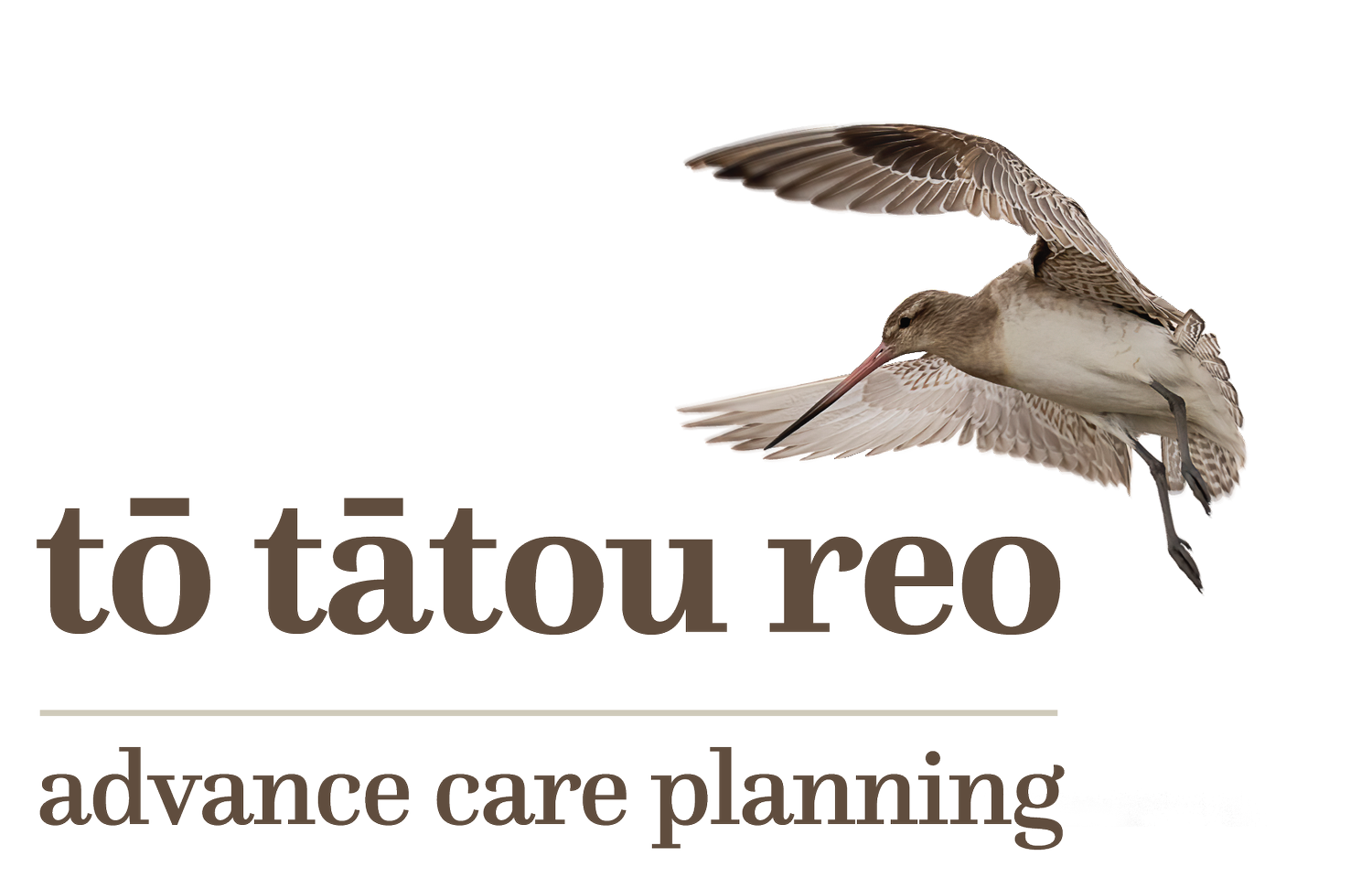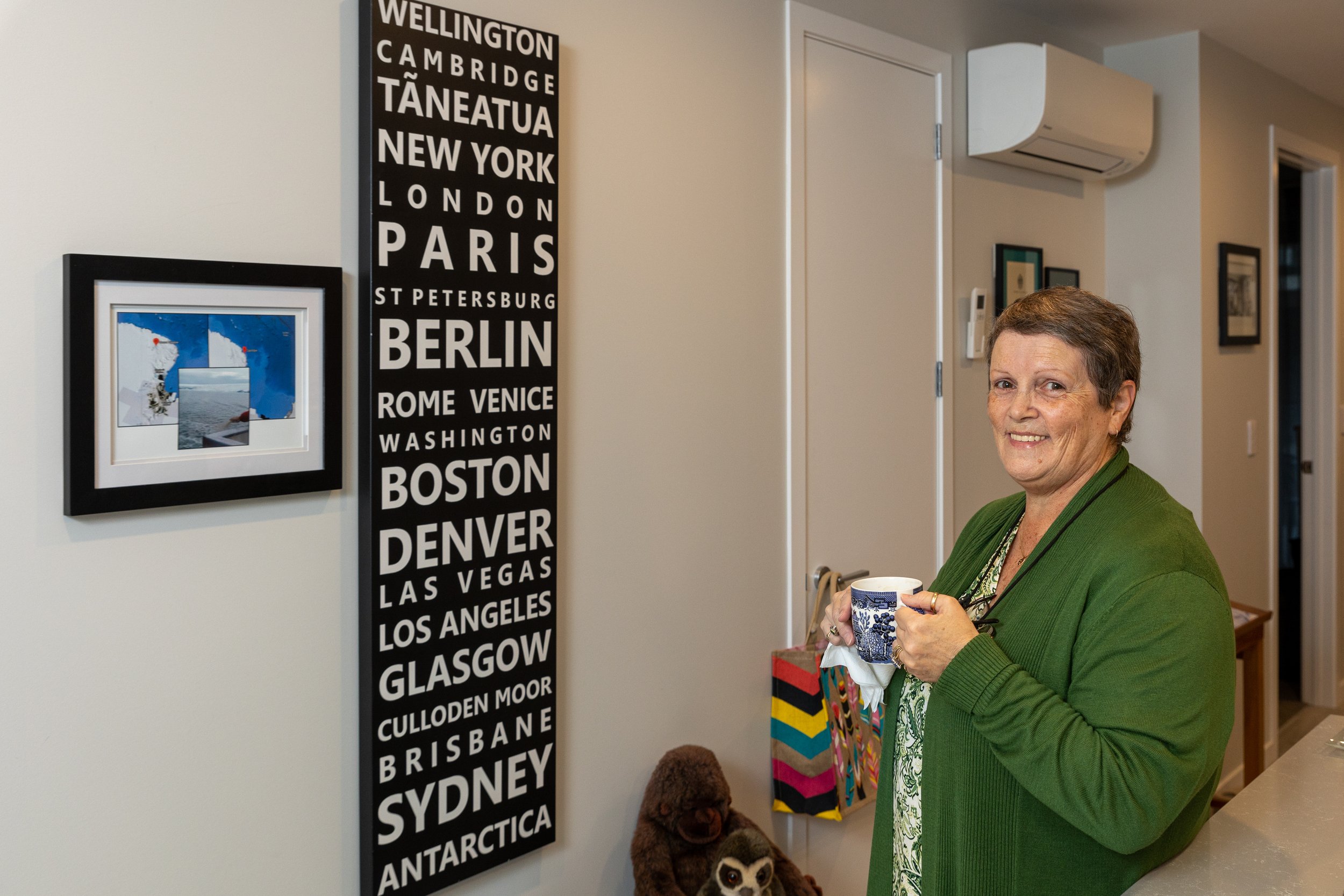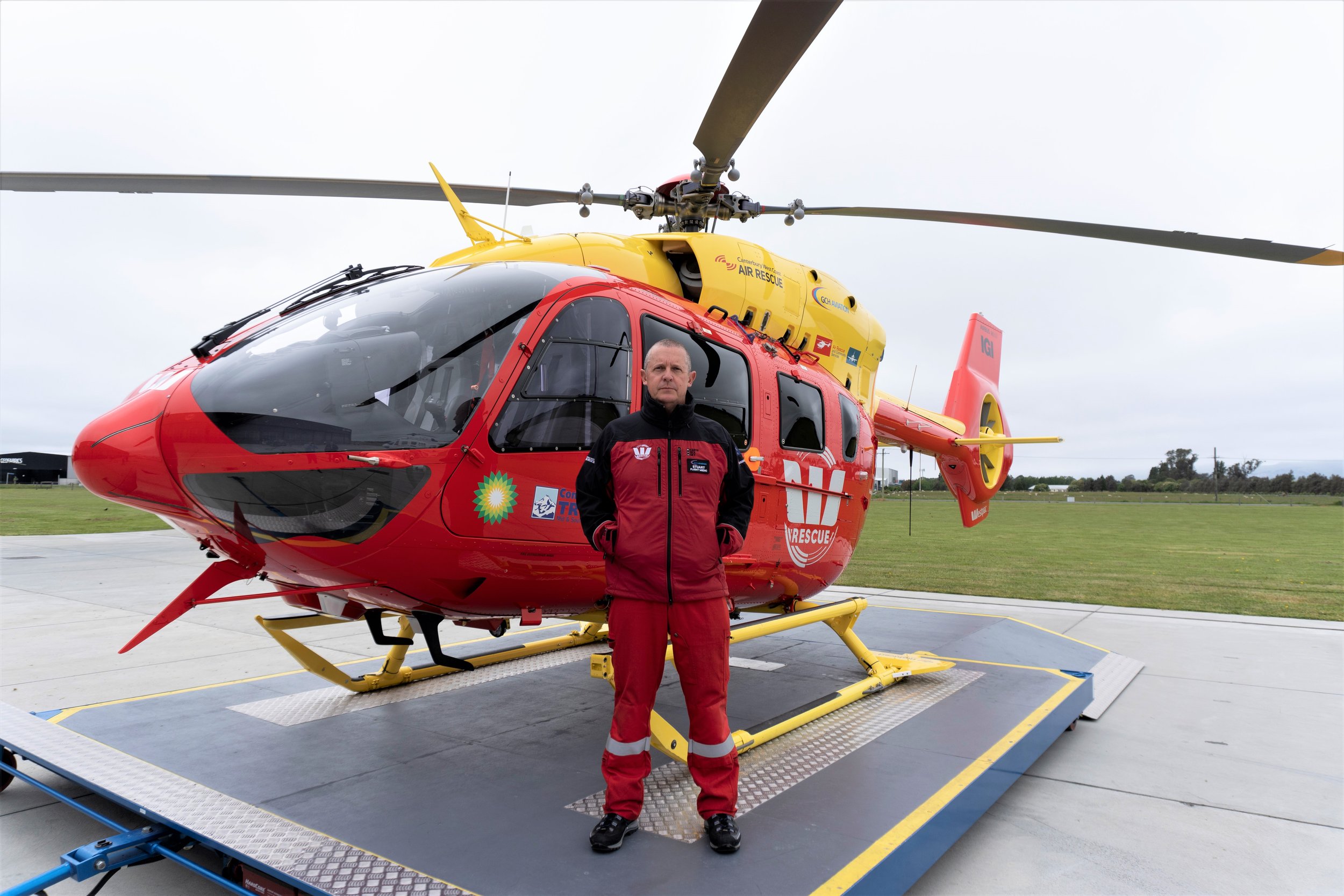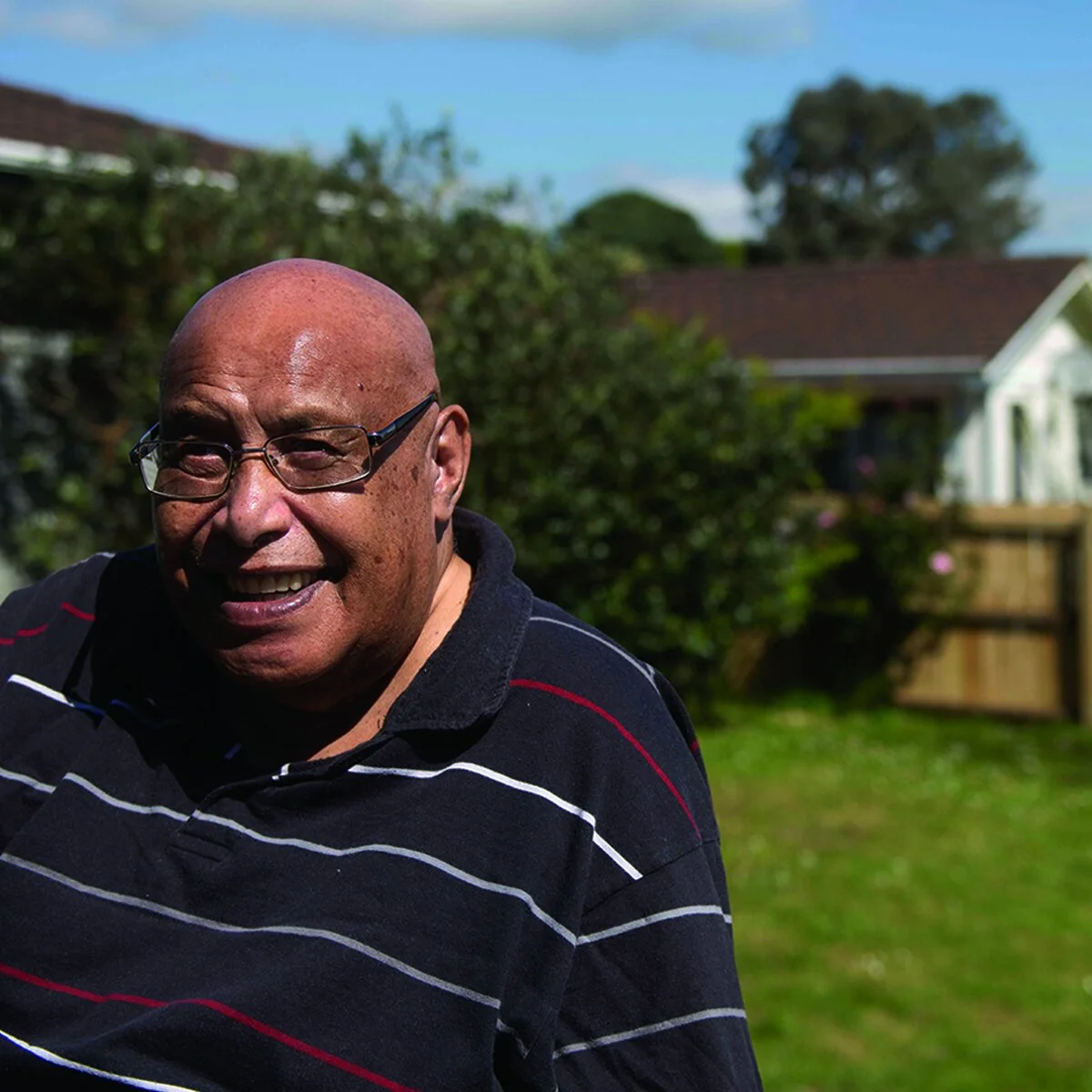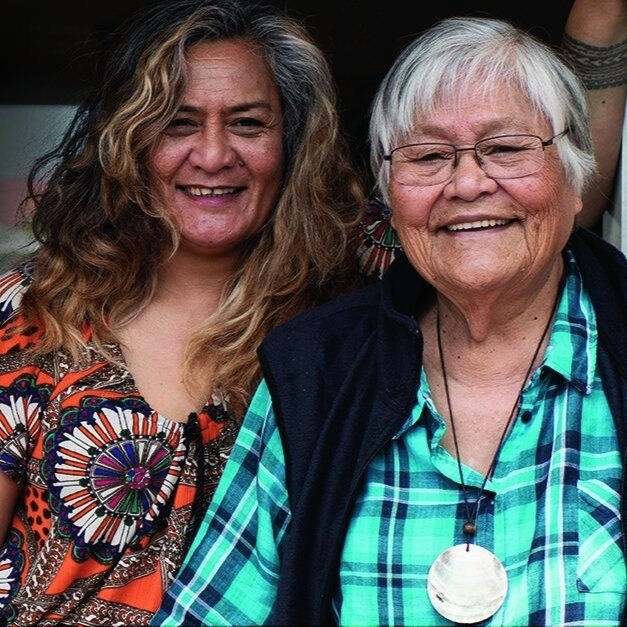
Tō tātou Reo stories
Advance care planning is the process of thinking about, talking about and planning for future health care and end-of-life care.
Advance care planning can be a part of a person’s story whatever stage of life they are at. Tō tātou Reo stories feature amazing New Zealanders sharing what matters to them for their future health care and that of their loved ones.

Kia kōrero | Let’s talk advance care planning is a campaign that encourages people to plan for their future health care. It features the personal stories of six New Zealanders at different stages of life and wellness.
Follow the links below to hear their stories (available in English, te reo Māori, Samoan, Tongan and simplified Chinese.)
Arthur's story
Arthur talks about how writing down what he wants to happen has given him and his whānau confidence about the future
Noel's story
Watch Noel talk about how planning his future care has brought him comfort and a sense of peace.
Clive's story
Clive and his partner Terry talk about putting together an advance care plan when they bought their new house and wrote their wills.
Cheryl's story
After being diagnosed with Parkinson’s disease Cheryl took up dancing the tango. In her video, she talks about running therapeutic tango classes for people with neurological conditions.
Keri's story
As Keri’s health declined she found returning to her birth place, Rangitukia, played an important part in her care.

If you have dementia, having an advance care plan means people will know your wishes, even if you can no longer tell them.
An advance care plan is a way for people to think about, talk about and share what matters to them now, in case they are unable to say it later. Tō tātou Reo advance care planning has released a series of videos as part of a campaign focusing on advance care planning and dementia. The videos share the viewpoints and experiences of health care practitioners and those living with dementia.
Terry and Colin
Terry Webb recently helped his brother Colin complete his advance care plan.
Colin has dementia and began his advance care plan when he and Terry attended a ‘Living well with dementia’ course run by Dementia Wellington.
Colin’s plan details what matters to him, what he would do if his time were limited, how much he wants to know about his treatment, how much he wants his loved ones to know about his health and whether he wants to be kept alive on life support. Terry says Colin having an advance care plan is very helpful for the family.
‘We’re not worried about what to do because Colin’s intent is very clear.’
Start having advance care plan conversations early
In New Zealand, advance care planning is a process. The focus is on understanding what is important now and in the future. This video gives an overview of the advance care planning process including the tools available to support this work.
Advance care planning for people with dementia takes time and needs sensitivity, says Sarah Togher, an educator and advisor with Dementia Wellington.
Sarah says it’s important for people with dementia to start having advance care planning conversations early, when they have the ability to understand what they’re documenting. However, it’s also important to be sensitive to where a person is in their dementia journey.
‘Take time with it. Talk about how you’re feeling and share that with your loved ones. It can be simple, such as wanting to make sure your feet are never cold. It may be about how it would be nice to overlook a river if you are in residential care.
‘When someone with dementia no longer has the capacity to make decisions, an advance care plan eases that very emotional time for those making decisions on their behalf, knowing they’ve had the conversation,’ Sarah says.
Dr Kate Scott
Dr Kate Scott is a Wellington geriatrician. In this video, she discusses advance care planning for people with dementia.
